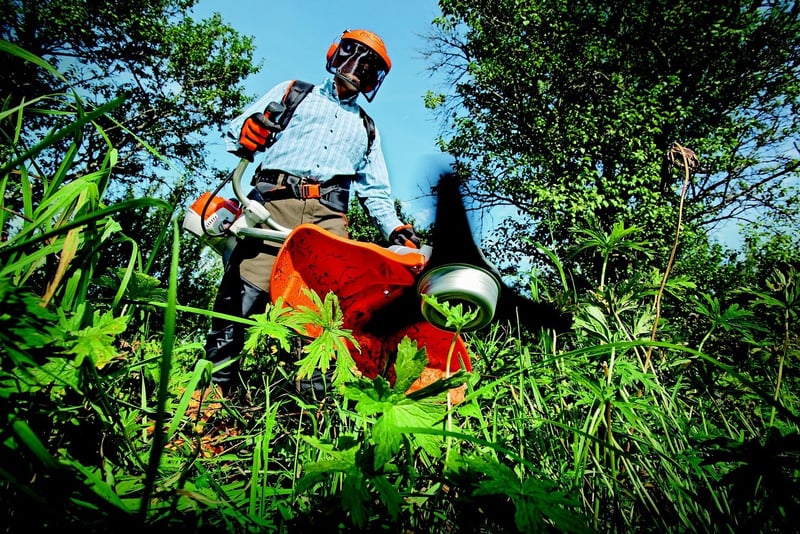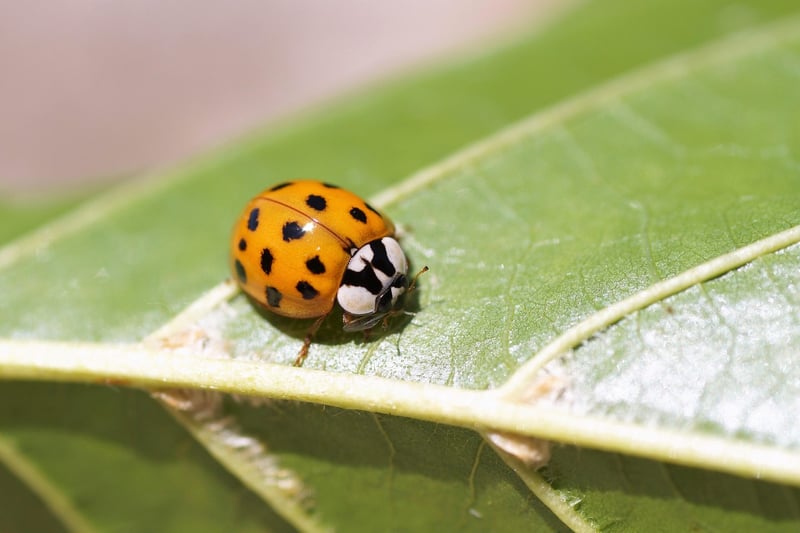Eco-Friendly Pest Control
Environmentally Friendly Gardening Approaches and Eco-Friendly Pest Control
Introduction
Gardening is a wonderful way to connect with nature and create a beautiful outdoor space. However, traditional gardening methods can sometimes have a negative impact on the environment. By adopting environmentally friendly gardening approaches and eco-friendly pest control methods, you can create a sustainable garden that supports biodiversity and minimizes harm to the ecosystem.
Environmentally Friendly Gardening Approaches
Here are some tips for practicing environmentally friendly gardening:
- Use organic fertilizers and compost to nourish your plants without harmful chemicals.
- Choose native plants that are well-suited to your region and require less water and maintenance.
- Implement water-saving techniques such as drip irrigation and mulching to reduce water waste.
- Attract beneficial insects like ladybugs and lacewings to control pest populations naturally.
- Practice companion planting to create a diverse and resilient garden ecosystem.
Eco-Friendly Pest Control
Managing pests in the garden without resorting to toxic chemicals is essential for maintaining a healthy environment. Here are some eco-friendly pest control methods:
- Introduce beneficial insects like ladybugs, praying mantises, and parasitic wasps that feed on garden pests.
- Use physical barriers such as row covers and netting to protect plants from pests.
- Make homemade insecticidal soaps or oils using natural ingredients like neem oil or garlic to repel pests.
- Encourage natural predators like birds and frogs by providing habitats such as birdhouses and ponds.
- Practice crop rotation and proper plant spacing to prevent the buildup of pest populations.
Conclusion
By incorporating environmentally friendly gardening approaches and eco-friendly pest control methods into your gardening practices, you can create a sustainable and thriving garden that benefits both you and the environment. Embracing these techniques not only helps protect the ecosystem but also promotes a healthier and more biodiverse outdoor space for you to enjoy.
Remember, small changes in your gardening habits can have a big impact on the environment!


